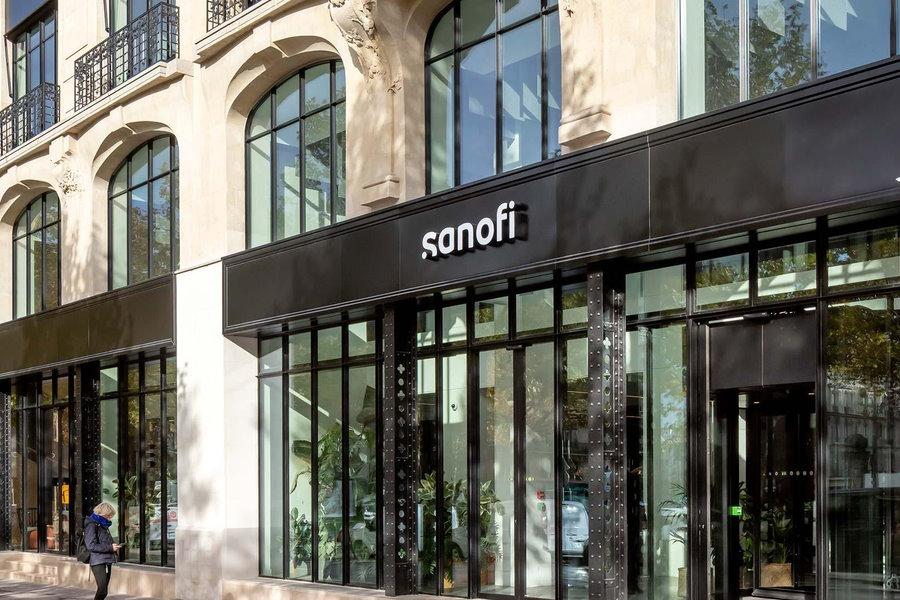Sanofi scores in MS with CD40 antibody frexalimab

Sanofi has posted encouraging results with one of its mid-stage candidates for multiple sclerosis, anti-CD40L antibody frexalimab, and says it plans to move the drug into a phase 3 programme next year.
At the higher of two doses tested, frexalimab achieved an impressive 89% reduction in the formation of gadolinium-enhancing T1 brain lesions – which give a measure of current disease activity marked by areas of active inflammation – compared to placebo after 12 weeks’ treatment. At 24 weeks’ follow-up, 96% of patients in the higher dose group did not show signs of new T1 lesions.
There was also a 79% reduction in new T1 lesions at 12 weeks with a lower dose of the antibody in the study, which involved 129 subjects with relapsing MS, as well as a significant reduction in the secondary endpoint of new and enlarging T2 lesions, which provide an overall picture of disease burden, with both doses.
Frexalimab was also found to be well-tolerated, with the most common adverse events in those given the drug being COVID-19 and headache. That is notable, given that some earlier members of the CD40 class had serious safety issues that led to them being abandoned, particularly Biogen’s ruplizumab and Idec Pharma’s toralizumab, which were both tested for MS, but shelved due to clotting-related side effects.
Another CD40 drug, Novartis’ iscalimab, has generated disappointing results in other indications, including prevention of rejection in organ transplant patients, although it is still in development for other indications, including autoimmune skin disorder hidradenitis suppurativa, Sjogren’s syndrome, and lupus nephritis.
The frexalimab result is a boost to Sanofi’s ambitions in MS, particularly after its lead drug candidate tolebrutinib, an oral BTK inhibitor, was placed on a clinical hold by the FDA while a liver toxicity signal is investigated. The delay has allowed rival BTK drugs from Roche and Novartis to catch up.
Sanofi licensed rights to frexalimab (formerly SAR441344) from ImmuNext in 2017, in a deal that could be worth up to $500 million in milestones to the biotech. It’s one of two MS drugs following after tolebrutinib in Sanofi’s pipeline, alongside Denali-partnered RIPK1 inhibitor SAR443820, which is also in phase 2.
Frexalimab is described by Sanofi as a ‘second-generation’ anti-CD40L antibody that can block the costimulatory CD40/CD40L cellular pathway necessary for adaptive and immune cell activation and function, without depleting lymphocytes. The drug is also being tested for Sjogren’s syndrome and systemic lupus erythematosus.













